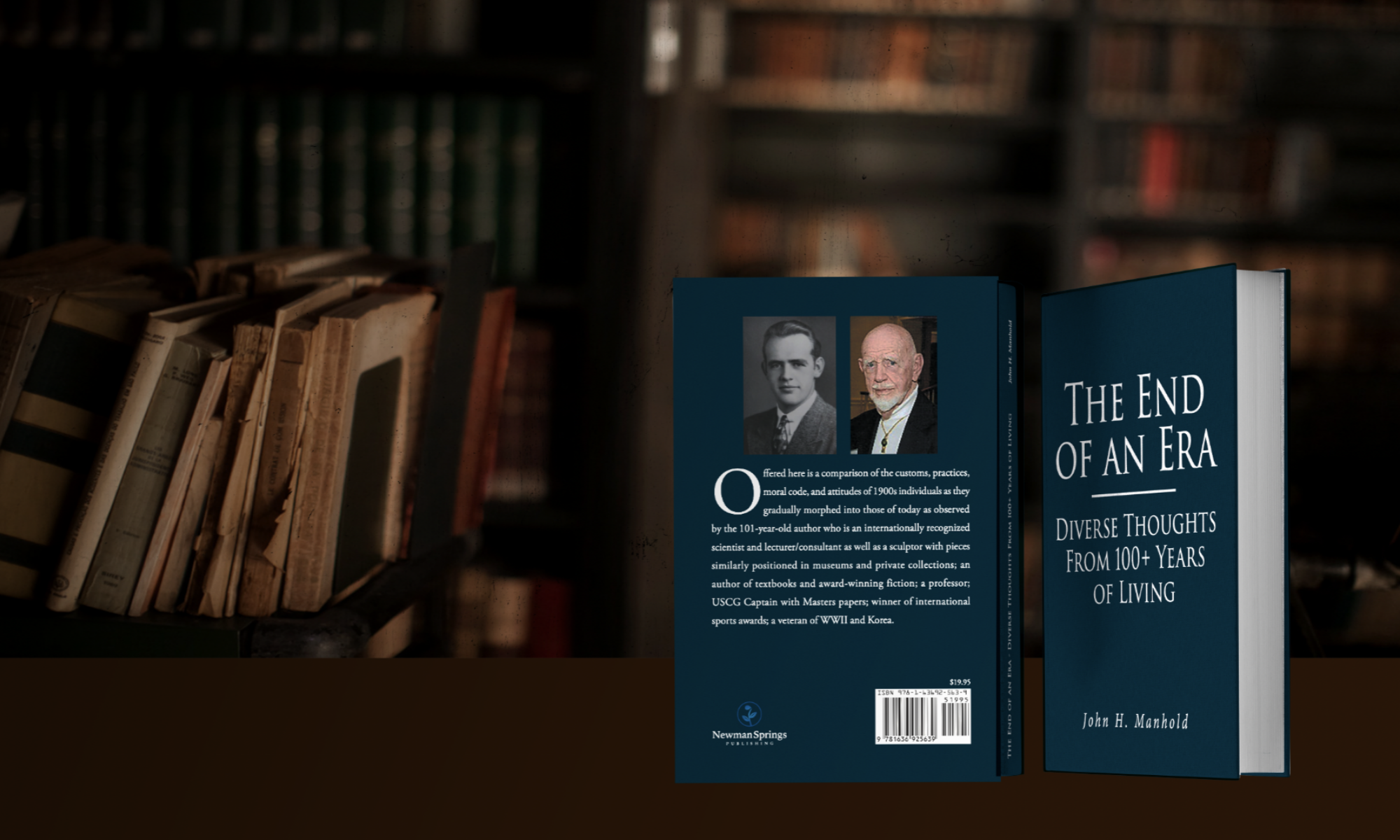THE TIDINGS ISBN: 9781648036682 Westwood Books copyright and written by Nick Mezins.
Sub-titled “Further Extracts From The Book Of Tidings of the Almighty and his Spirits to Humanity. Volume One November 1943 to January 1945”, a short “Forward” provides the source and manner in which this unusual material originally was discovered, and brought to light along with the revelations that further appeared at a much later date. An Introduction to Revelations follows along with a number of chapters covering these from a period beginning with 1943. Reading and understanding the “Forward” and “Introductions” is a necessity in order to correctly and completely comprehend the “Tidings” delivered “not of human origin”. (It has been through the human mind in the language of Latvia and meticulously translated to English.)
“The material in this book originated from The Almighty, from God, from the chief spirits and the other spirits and has been passed on to humanity on the planet Earth by these chroniclers. They are the Almighty’s heralds to the planet Earth, appearing outwardly as ordinary human beings.” These Heralds wrote the material in longhand, it was typed and several copies made. Errors were corrected and the material distributed in particular bracketing styles and other peculiarities to compensate for differences between Latvian and English word usages. Following these explanations, another “Introduction” is offered from the original publisher in 1992 serving as background for the author’s description of his organization of this and the books to follow. Now, the reader is presented with the book’s contents, chapter by chapter.
The chapters follow a somewhat rambling pattern that this reviewer finds quite difficult to follow, some ranging from sayings of a sultan, the German Nazi party, the Almighty, who also includes Satan as his vengeful portion, and other strange messages delivered by purported spirits of importance with certain facts: “I am not allowed to reveal that to you”. Also: “The spirits do not talk with everyone, but only with chosen ones, and those who believe in them.” Spirits further are described in appearance, duties and means of travel.
Certain known facts also occasionally are interspersed; e.g. “What was a miracle at the time of Christ is no longer a miracle. Science performs miracles. The day will even come when science will liberate man from all diseases and labors and will transport him from one planet to the next.”
Further on in the book the ‘tidings bearers’ offer more explanations by way of vignettes of persons in longer messages, but one seemingly prominent feature is the apparent desire not to offer any specifics with respect to the number, structure and hierarchy of the saints, and it even is difficult to ‘get a firm hold on’ the overall position/activities of “The Almighty”.
The admonishment is offered that you no longer are in Latvia, but you are in the world which is where the Almighty rules. And with respect to miracles? The statement that man is not a prophet in his own land presents Christ as a perfect example. He was simply the son of Joseph the Carpenter from Nazareth and known to many. Thus, he required miracles to convince people of the Power of God.
Discussion: The main theme seemingly being provided in this book of Tidings or Messages is that man is incapable of understanding things beyond what his mind is able to absorb and is the reason God and Jesus spoke in simple words and provided simple stories. Not a single word written by Christ remains and those of the Apostles are carelessly written words of “common people” and are ‘remembrances’. None kept diaries. Also transcription errors exist in abundance.
Thus, it would appear that these “Tidings” have been set forth to provide the true picture of “The Almighty’s” relationship with man and a closing statement that most cleverly covers all aspects of the apparent incomplete explanations, descriptions, answers and other missing features has been set forth. To provide the statement would be a disservice to the author as well as the prospective reader who will recognize it immediately when he reaches its opening portion – “Anyone who has read a book without striving to delve into the writer’s thought, . …. …”.
3* 4* probably challenging read for the curious mind.
